George Floyd died due to 9 minute police officer knee on neck
It was in May last year when 46 year old African American George Floyd died after a white police officer kneeled on his neck for more than nine minutes during an arrest. The unarmed black man's death in police custody triggered mass protests, not only in the US but around the world.
In June last year, the US House of Representatives passed a sweeping police reform bill in response to widespread calls for action against police brutality.
The proposed legislation would have banned chokeholds and limited immunity for officers and would have set national policing standards, but bipartisan negotiations in the US Senate over the police reform bill have collapsed.
This comes after the talks have dragged on for months with negotiators failing to find common ground over a few crucial issues, including police immunity.
Well, I think there's many factors as to why the bill ultimately failed [sic]. One of the primary factors being that the Republican and conservative base relies on police officers and often police unions are largely conservative and so there was a coalition between the police unions and the conservatives in office, essentially, to fight against the bill, because any sort of action, or law or legislature that hold the police accountable is not in the interest of police officers.
Nicholas Ayala, Editor, ANTICONQUISTA
Civil rights attorneys Ben Crump and Anthony Romanucci, who have represented George for his family, say they are extremely disappointed by the deadlock in the Senate.
The civil rights attorneys said since Floyd's death Americans have been urging lawmakers to bring desperately needed change to policing in America so there can be greater accountability and transparency.
The attorneys stress that "We cannot let this be a tragic lost opportunity to regain trust between citizens and police".
Calls are now growing on the administration of US President Joe Biden to use his constitutional powers to bring about meaningful police reform.
US President Joe Biden wanted the "George Floyd Justice and Policing Act" to be passed by the anniversary of the death of Floyd on May 25, however, that deadline passed months ago and developments in the Senate suggest that the bill may be doomed.
The US president is finding himself in hot water over the deadlock.
Meanwhile the case of Floyd was one of a very large number of cases of US police brutality against black Americans as well as other minorities.
Black Americans are disproportionately more likely to be fatally shot by police and arrested for drug abuse and five times more likely than white Americans to be imprisoned.
Experts believe ethnic minorities in America, especially African Americans, are facing a very deep rooted problem that will not be resolved anytime soon
Because the root cause of the issue is the historical and systemic issue of racial police violence targeting (the) poor, targeting black folks, targeting brown folks, targeting Asians; all minorities.
Nicholas Ayala, Editor, ANTICONQUISTA
Observers largely attribute this trend to the racist roots of American police and social structures.
Law enforcement in many US states, especially those in the south of the United States, have their roots in slave patrols that were formed centuries ago.
Such patrols located and forcefully returned enslaved people who had escaped.
The federal government banned the use of racist regulations at the state and local level, many decades ago, yet ethnic minorities are still subject to discrimination and racial profiling.
President Joe Biden has been an outspoken critic of racial injustice, but what can he really do about this problem? Can he truly lead the US towards a less racially discriminative future?

Decolonizing UK Education Conference
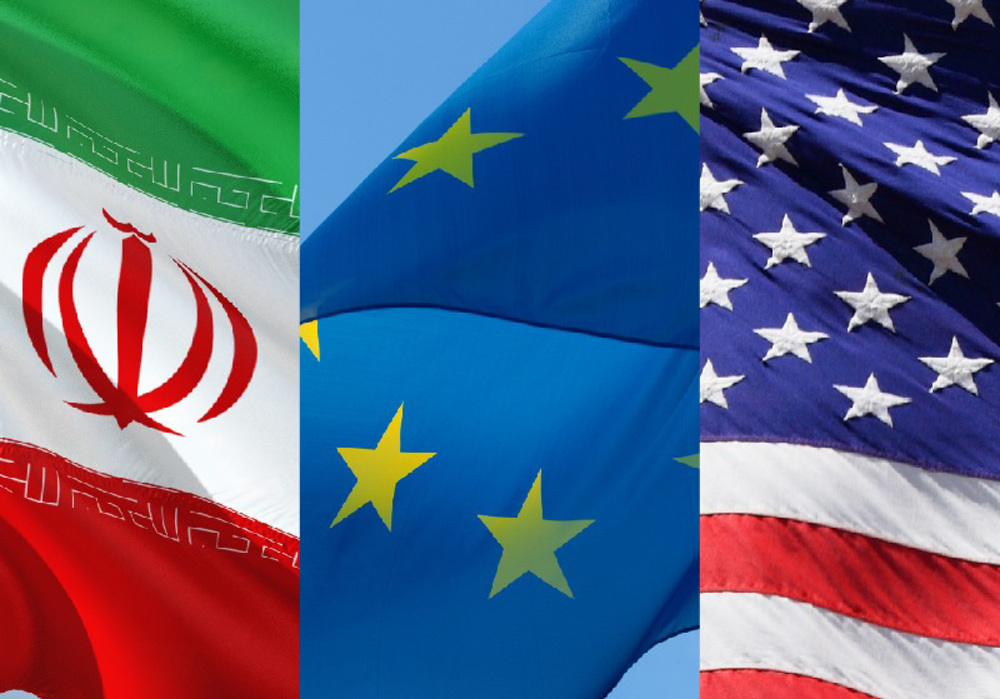
Europe sidelined in indirect Iran-US talks
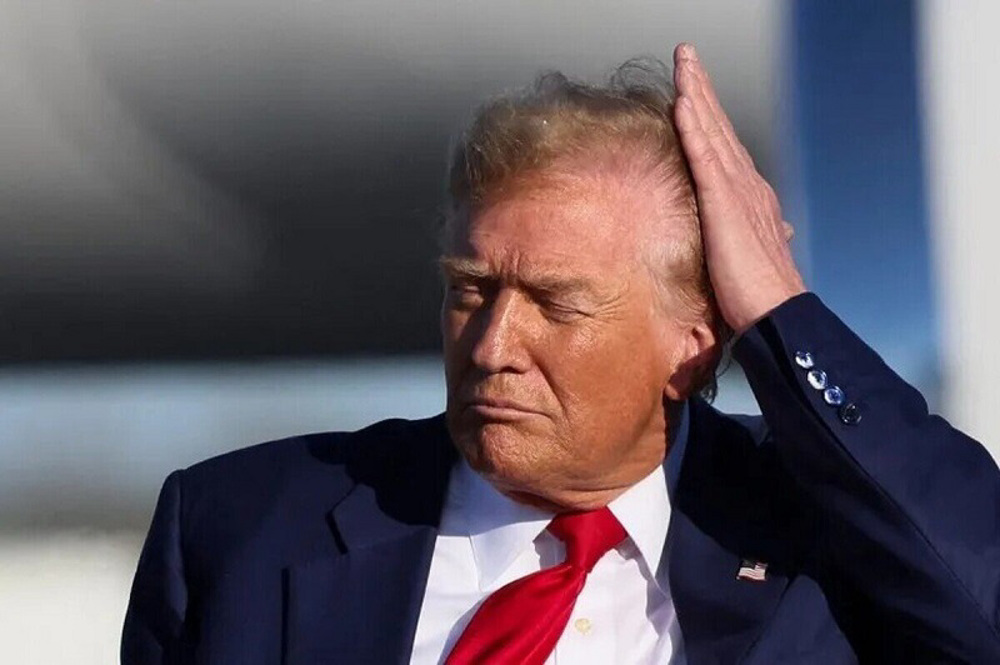
Trump Ukraine mediation muddle
Putin orders surprise 3-day Ukraine war ceasefire in May
The path to Palestinian liberation from occupation begins with Mahmoud Abbas’ ouster
Pezeshkian visits Baku as Iran, Azerbaijan look to strengthen ties
India, Pakistan exchange fire across Kashmir border for fourth night
‘Systematic genocide’: Gaza media office says Israel deliberately killing women, children
We do not carry weapons, but bandages and hope to save lives: Gaza doctor
Death toll from Iran's southern port blast rises to 46 as over 1,000 injured
VIDEO | Press TV's news headlines


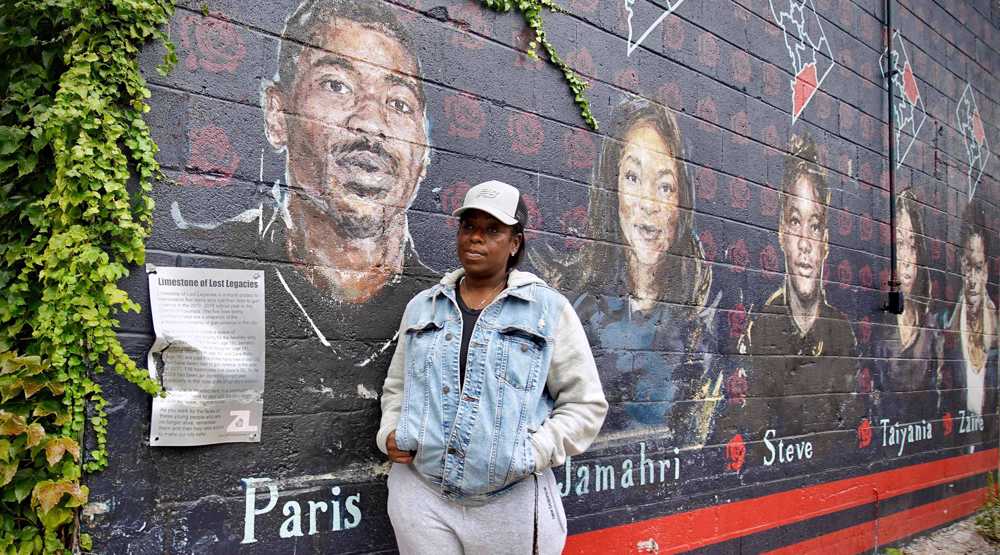
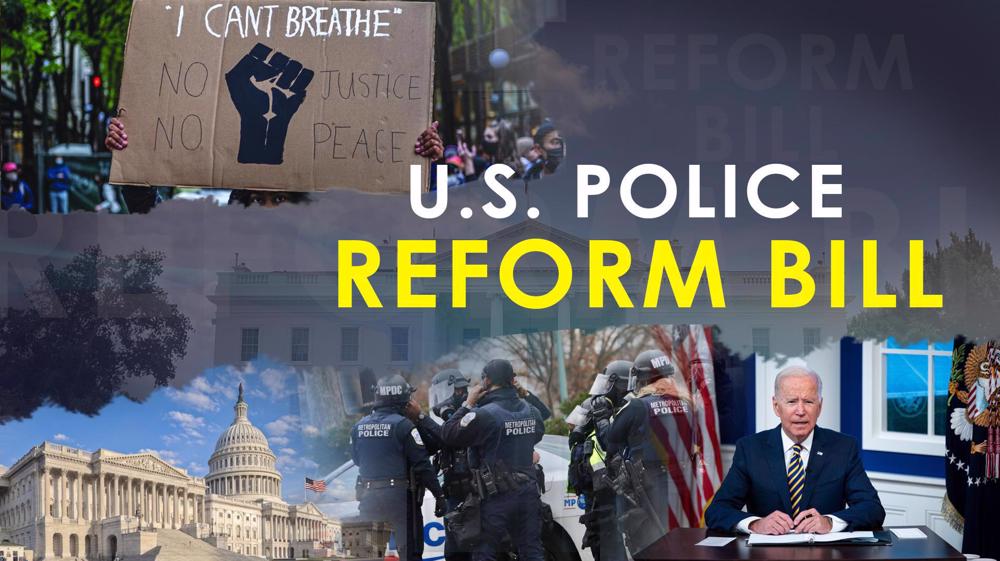
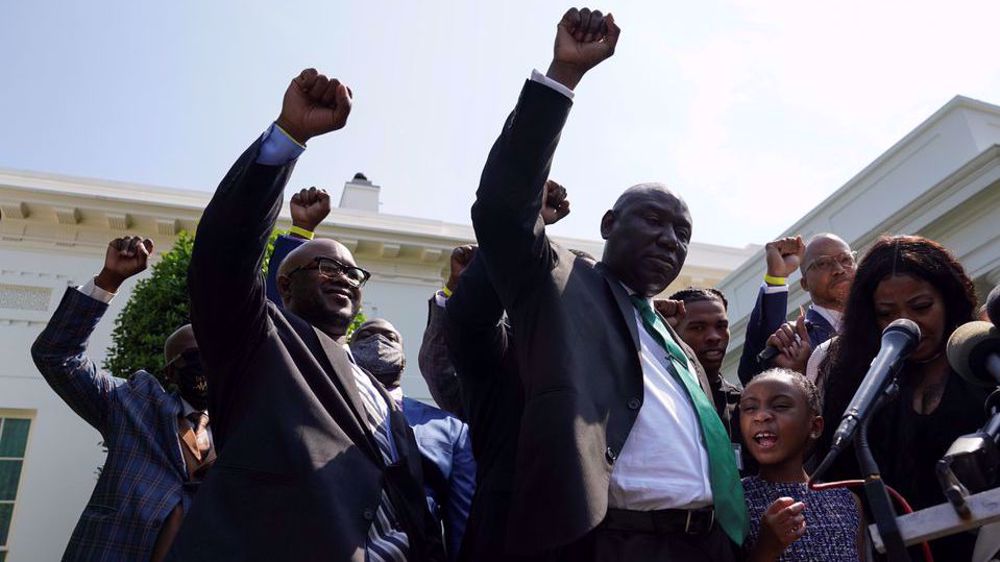


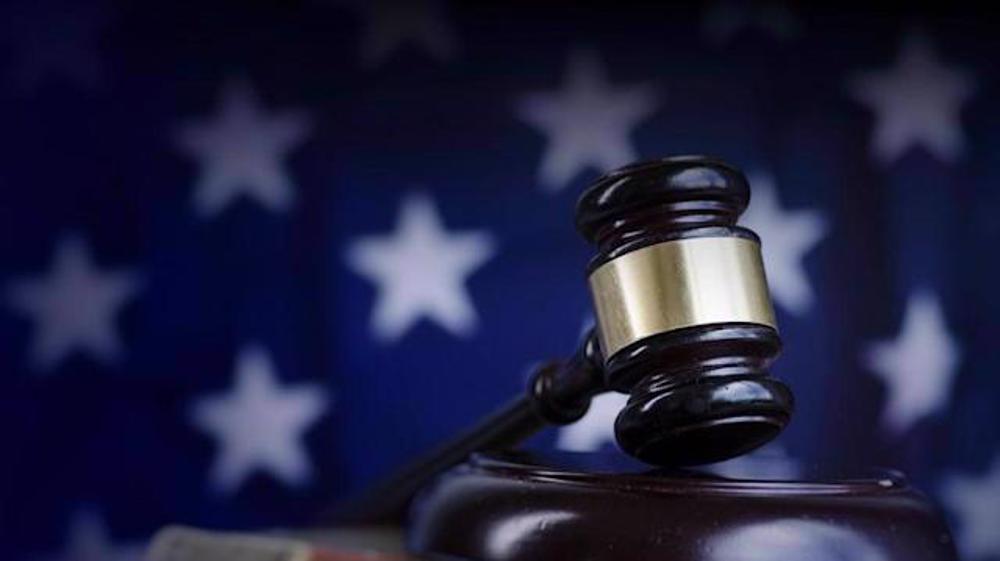



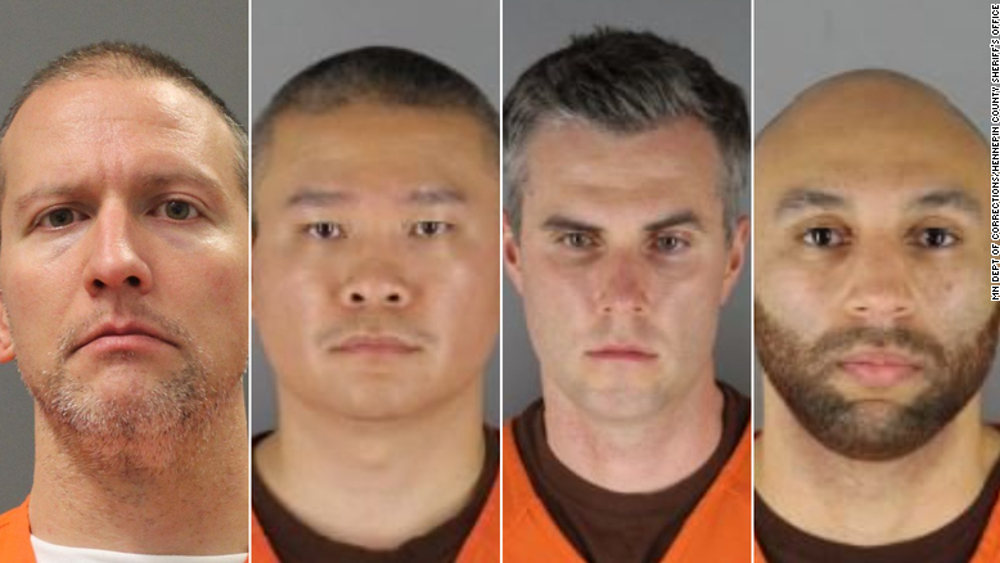

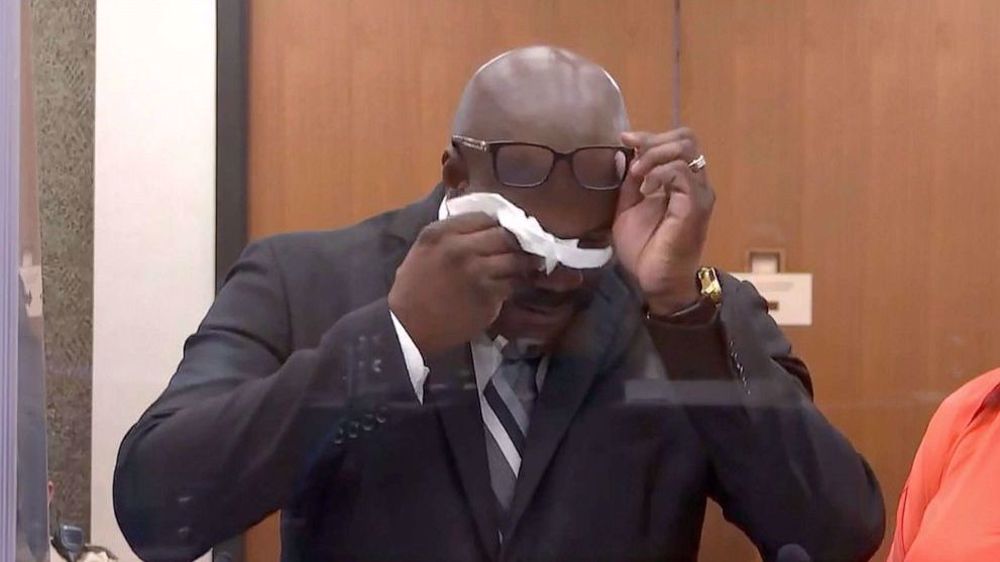
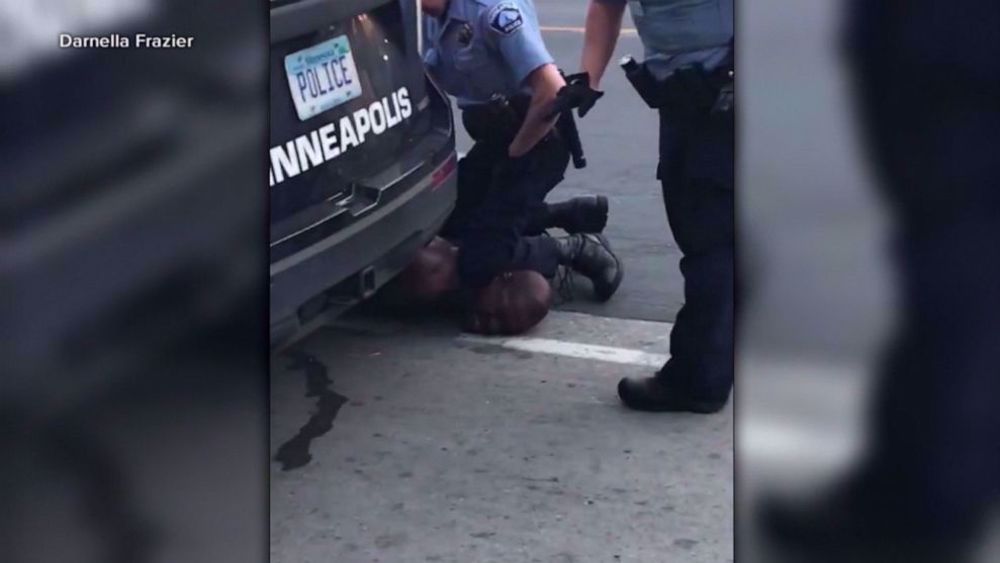
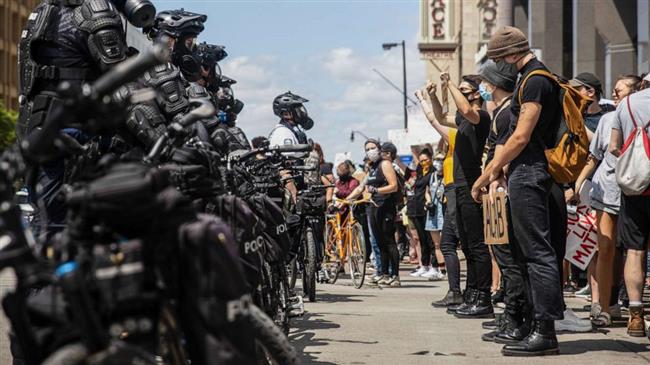
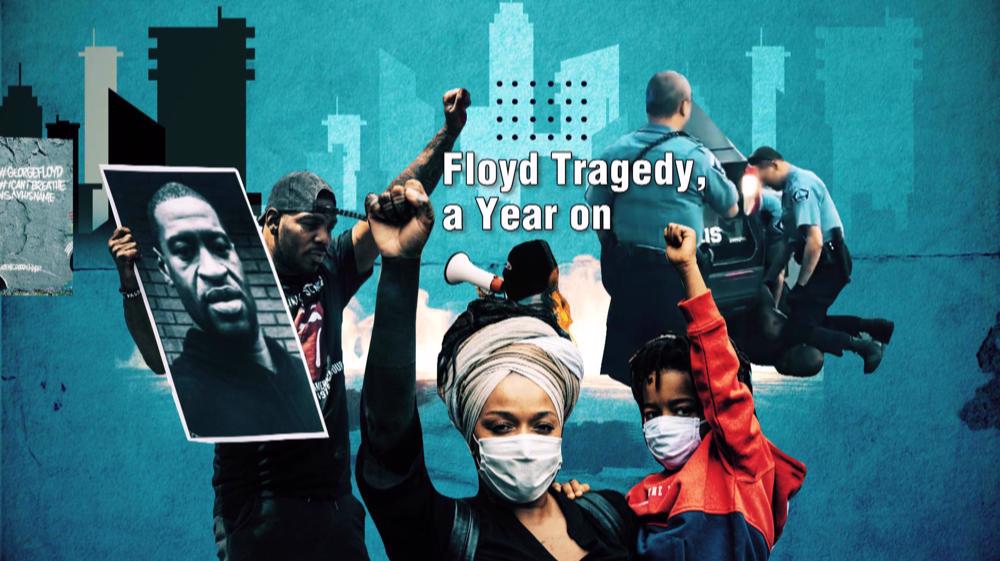
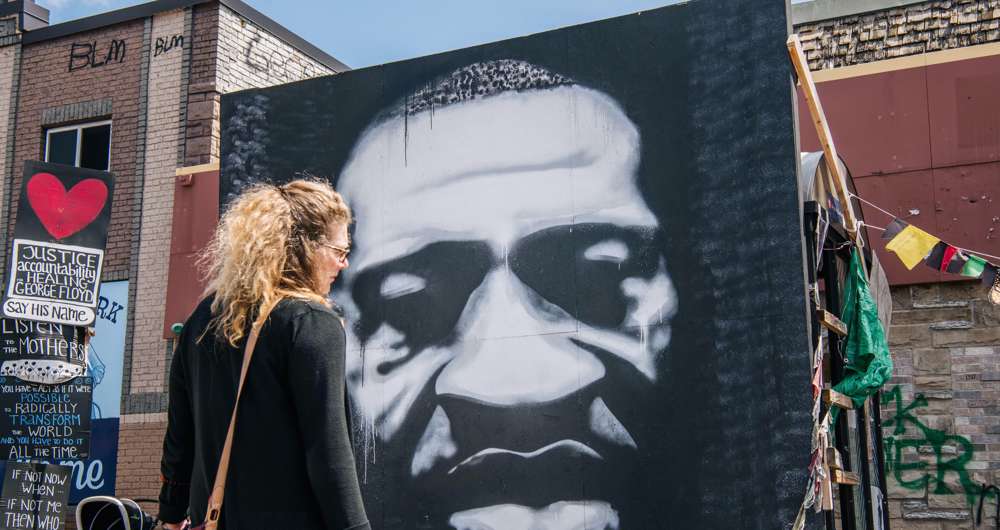

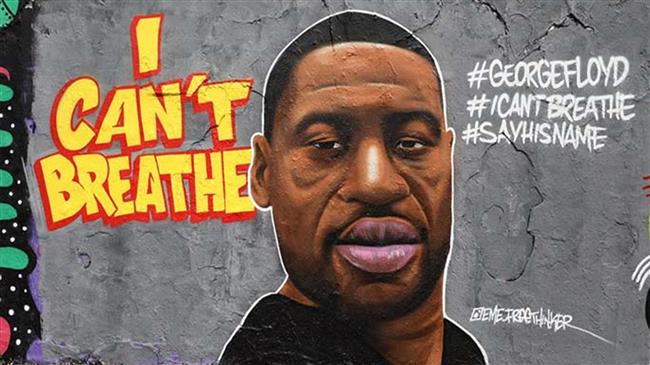

 This makes it easy to access the Press TV website
This makes it easy to access the Press TV website